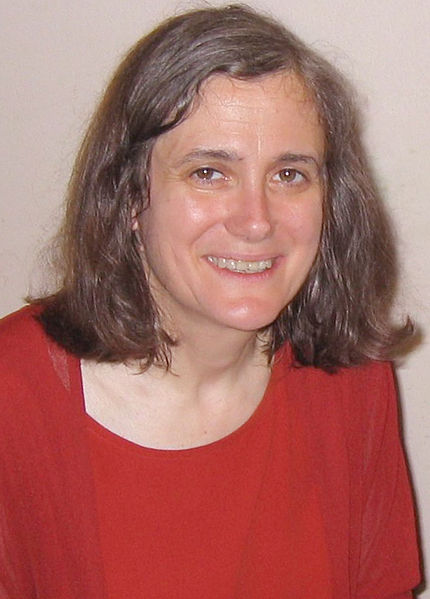By Amy Goodman with Denis Moynihan
“We apologize for the inconvenience. The Marketplace is currently undergoing regularly scheduled maintenance and will be back up Monday 10/7/3013.” You read it right, 3013. That was the message on the homepage of the New York state health insurance exchange website this past weekend.
Yes, the Affordable Care Act (ACA), popularly known as Obamacare, is going through difficult birth pains, as the marketplace websites went live only to crash. The government is not giving out numbers, but informed observers speculate that very few people have succeeded in signing up for any of the plans so far.
The ACA rollout occurred as Republicans shut down the government in their attempt to defund Obamacare. But their strategy backfired. Had there been no shutdown, all of the attention would have been on the disastrous rollout. The fundamental issue, at the core of the health-care dispute, is typically ignored and goes unreported: The for-profit health-insurance industry in the United States is profoundly inefficient and costly, and a sane and sustainable alternative exists—single-payer, otherwise known as expanded and improved Medicare for all. Just change the age of eligibility from 65 to zero.
“When Medicare was rolled out in 1966, it was rolled out in six months using index cards,” Dr. Steffie Woolhandler told me Monday. “So if you have a simple system, you do not have to have all this expense and all this complexity and work.” Woolhandler is professor of public health at CUNY-Hunter College and a primary-care physician. She is a visiting professor at Harvard Medical School and the co-founder of Physicians for a National Health Program, or PNHP. PNHP is an organization with 17,000 physicians as members, advocating for a single-payer health-care system in the U.S.
What is single-payer? Critics denounce it as “socialized medicine,” while ignoring that single-payer is already immensely popular in the U.S., as Medicare. A 2011 Harris poll found that Medicare enjoyed 88 percent support from American adults, followed closely by Social Security. Woolhandler explained that with a Medicare-for-all system, “you would get a card the day you’re born, and you’d keep it your entire life. It would entitle you to medical care, all needed medical care, without co-payments, without deductibles. And because it’s such a simple system, like Social Security, there would be very low administrative expenses. We would save about $400 billion [per year].” Dr. Woolhandler went on, rather than “thousands of different plans, tons of different co-payments, deductibles and restrictions—one single-payer plan, which is what we need for all Americans to give the Americans really the choice they want … not the choice between insurance company A or insurance company B. They want the choice of any doctor or hospital, like you get with traditional Medicare.”










